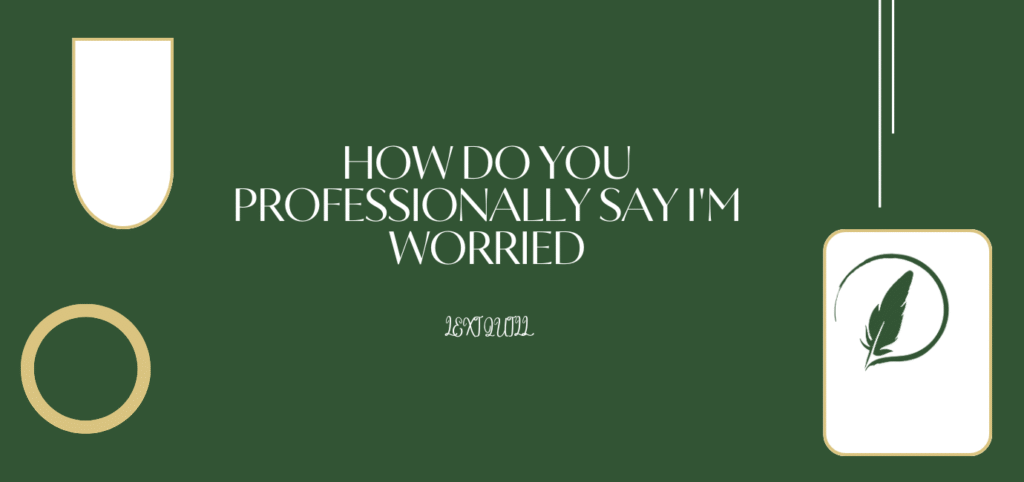Relying solely on the phrase “The author states” to introduce or quote an author’s ideas can often come across as repetitive, dull, or unimaginative. In any form of writing—whether essays, research papers, literary analysis, or professional reports—variety in language not only enriches the reader’s experience but also adds nuance and clarity to your arguments. Using a broader range of expressions to attribute information or ideas helps maintain reader engagement and enhances the overall tone and professionalism of your work.
In this article, we will explore why it’s beneficial to diversify your phrases when referring to an author’s viewpoint, and provide a comprehensive list of alternatives to “the author states” that you can readily use in your writing.
Why Use Alternatives to “The Author States”?
While the phrase “the author states” is grammatically correct and straightforward, overusing it can make your writing seem monotonous and unimaginative. This is especially true in academic and business contexts, where the quality and style of writing significantly affect how your arguments are perceived.
By choosing alternative expressions, you can:
- Enhance Clarity: Different phrases subtly change the meaning and emphasis, helping you present the author’s point more precisely. For instance, “the author suggests” implies an indirect message, while “the author emphasizes” highlights importance.
- Increase Engagement: Varying your language keeps readers interested and prevents your writing from becoming repetitive.
- Convey Tone and Nuance: Some alternatives imply certainty, speculation, or argumentation, allowing you to tailor the tone according to the context.
- Showcase Writing Skill: A well-crafted text with diverse vocabulary reflects professionalism and attention to detail, crucial in scholarly or business communication.
- Facilitate Sophisticated Analysis: Using specific verbs can deepen your interpretation by indicating whether the author is explaining, arguing, describing, or implying.
In sum, consciously selecting alternative phrases to introduce an author’s ideas strengthens your writing style and analytical depth.
Alternative Phrases for “The Author States”
Below are ten varied and effective alternatives to the phrase “the author states,” along with explanations of their best uses and example sentences.
1. The Author Mentions
Use this phrase when the author briefly refers to or introduces a point without going into extensive detail. It’s ideal for highlighting minor or supporting ideas.
Example:
“The author mentions that social media has drastically changed communication.”
This phrase indicates that the author brought up the idea but did not deeply explore it.
2. The Writer Explains
Choose this alternative when the author provides a thorough or detailed explanation of a concept, process, or argument. It suggests clarity and elaboration.
Example:
“The writer explains how economic policies impact small businesses.”
This signals to the reader that the author’s point is expanded with reasoning or evidence.
3. The Text Suggests
Use this when the author implies or hints at an idea rather than stating it explicitly. It’s useful for analysis where inference is required.
Example:
“The text suggests that the protagonist struggles with self-identity.”
This phrase invites the reader to interpret underlying meanings.
4. The Article Argues
Ideal for argumentative or opinion-based writing, this phrase introduces a claim or position the author defends with reasoning.
Example:
“The article argues that remote work leads to increased productivity.”
It shows that the author is presenting a case or persuading the reader.
5. According to the Author
A clear and simple way to attribute a statement or opinion directly to the author. This phrase fits well in both academic and professional writing.
Example:
“According to the author, climate change is the most pressing issue of our time.”
It frames the author as the source of the viewpoint clearly and formally.
6. The Author Emphasizes
Use this phrase when the author highlights or stresses a particular point as important. It underscores significance and priority.
Example:
“The author emphasizes the importance of early childhood education.”
This alerts the reader to a key message in the text.
7. The Book Describes
Perfect for literary or descriptive analysis, this phrase is used when the author paints a picture, sets a scene, or provides detailed descriptions.
Example:
“The book describes a society in which freedom of speech is heavily restricted.”
It highlights the author’s use of imagery or detailed narrative.
8. The Study Reveals
Appropriate for scientific or research-based writing, this phrase introduces findings or discoveries made by the author or researcher.
Example:
“The study reveals that regular exercise improves mental health.”
It suggests empirical evidence or data supporting a conclusion.
9. The Passage Illustrates
Use this when referring to specific examples, anecdotes, or imagery within the text that demonstrate or clarify a point.
Example:
“The passage illustrates the harsh reality of war through vivid descriptions.”
It points to a concrete part of the text that serves as an example.
10. The Author Writes
A straightforward, neutral alternative that keeps your attribution clear and concise. It works well when you simply want to indicate what the author has communicated.
Example:
“The author writes about the challenges of adapting to a new culture.”
This is useful when the emphasis is on what is conveyed rather than how.
Final Thoughts:
Language shapes how your ideas are perceived, and choosing the right words to introduce an author’s viewpoint is a key part of effective writing. Whether your goal is to add variety, improve clarity, or adopt a more engaging tone, using alternatives to “the author states” allows you to craft richer and more precise text.
Next time you incorporate textual evidence or reference an author’s opinion, try swapping in one of these ten phrases. You’ll likely find your writing feels fresher, more dynamic, and more professional — qualities that help your work stand out.








